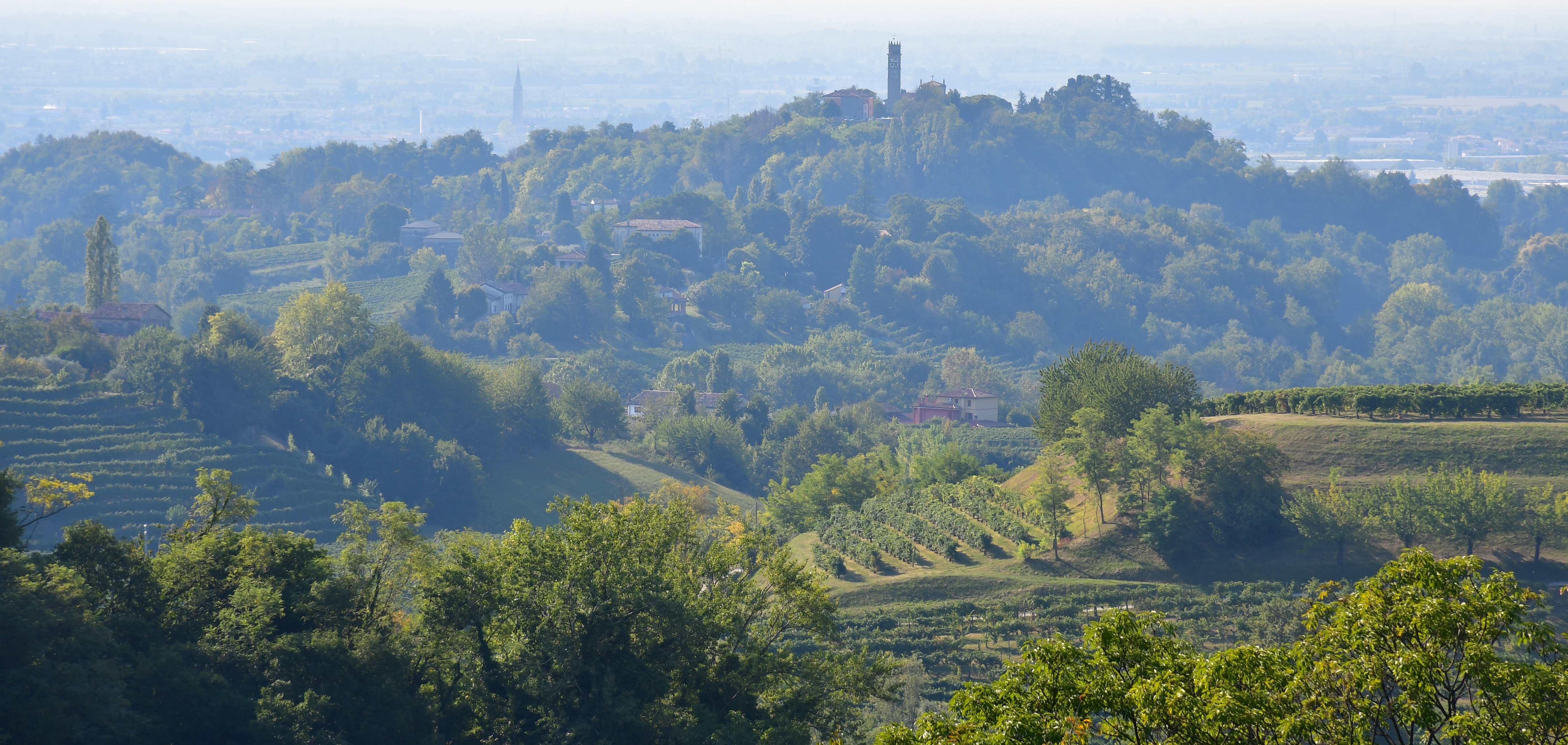Struggles for More Equitable and Sustainable Food

by Vanessa Nichols, MScPH Candidate, McGill University
November 8, 2021
Modern food-systems come with a plethora of environmental and social problems. There is an urgent need to transition from modern high-tech monocultures towards diversified agro-ecological alternatives in order to preserve natural resources and feed the growing population. Over the past century, there have been radical transformations in farming, and industrial agriculture is arguably the most productive it has ever been. However, the issue isn’t a lack of food, it is the vast power imbalances that exist in the control of the food, preventing those who need nourishment the most from getting it. La Via Campensina is a global movement fighting for agrarian reform while promoting agroecology, peasant rights and food sovereignty. According to the Declaration of Nyéléni, food sovereignty is “the right of peoples to healthy and culturally-appropriate food produced through ecologically sound and sustainable methods and their right to define their own food and agriculture systems. Food sovereignty puts those who produce, distribute and consume food at the heart of food systems and policies rather than the demands of markets and corporations.” This movement relies on the decentralization of agricultural power, which is a daunting but necessary task if we are to facilitate the societal changes needed to address the culminating environmental problems. With over 200 million members worldwide, La Via Campensina has made substantial progress but there is still much work to be done.
Agroecology is an ecological and holistic view of farming, primarily based on traditional and local knowledge. An integral part of agroecology is the recognition of the importance of traditional knowledge that is passed on from generation to generation. This knowledge provides useful information about the local landscape and agricultural needs. La Via Campesina fosters farmer-to-farmer transmission of information and innovation through observation. Furthermore, by creating agricultural systems that are not reliant on oil or other fossil fuels, agrochemicals, or genetic modification, both the environment and global food systems will make strides towards a safer, more equitable future. When we compare industrial and small-scale farms, the latter is highly superior based on output per land area and energy return on investment. Industrial farms put an incredible burden on natural systems and resources, relying on a number of biological overrides to maintain manufacturing and production rates. In contrast, small-scale farming is based on three key principles: low-input, closed loop, and relatively localized. These traits preserve soil, water, land, and air quality, allowing for multiple generations to draw upon them in a sustainable manner. Small farms are also capable of producing more food per land area through staggered harvesting times and polycropping techniques. The future of agriculture is one that attempts to make agricultural decisions that are environmentally sound, economically viable, and socially just for all sectors of society. La Via Campensina champions agroecological practices to combat the economic system that places more importance on profit rather than people or the planet.
This revolution may seem idealist and naïve, but it is possible. In the 1980s, Cuba was the world’s largest sugar producer, deeply depending on pesticides, fertilizer and heavy mechanization. The majority of its exports were to the Soviet Union, and upon its collapse, the Cuban economy was sent into disarray. This event, in conjunction with the trade embargo with the United States, resulted in severe food shortages in Cuba. Subsequently, the government turned over hundreds of thousands of hectares of land to small farmers, initiating the agroecological revolution. The government promoted small, urban farming as a way for the country to feed itself. This locally-grown, non-industrial farming technique was a vital part of the solution to Cuba’s food shortages and demonstrates that big and rapid land transformations are possible and they bring with them great potential.
References
Nyéléni Forum for Food Sovereignty. Declaration of the Forum for Food Sovereignty. Selingué, Mali (2007).
Edelman, M. et al. Introduction: Critical perspectives on food sovereignty. The Journal of Peasant Studies 41, 911–931 (2014).
Photo by Vincenzo Tabaglio on Unsplash
Bio
Vanessa graduated from Western University in 2021 with a BMSc in One Health and is currently pursuing post-graduate studies in Montréal, QC. She is passionate about equipping and empowering communities to both understand and respond to the climate crisis.
